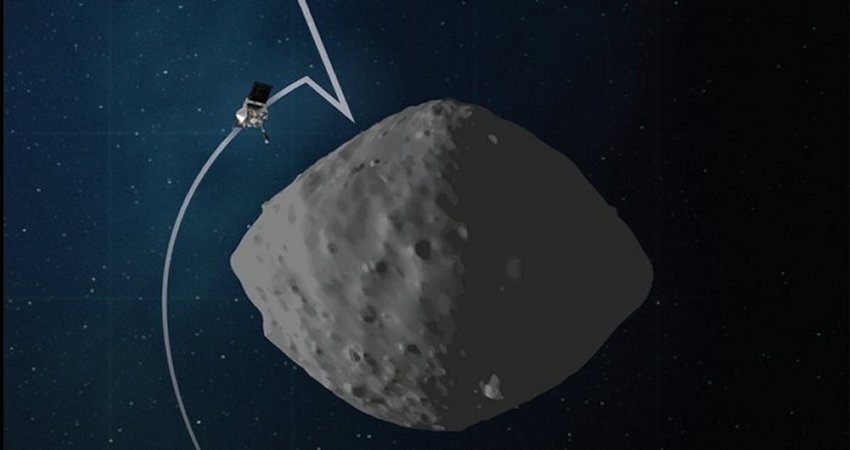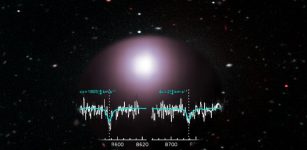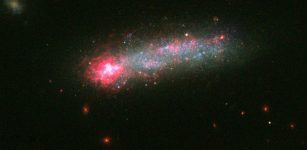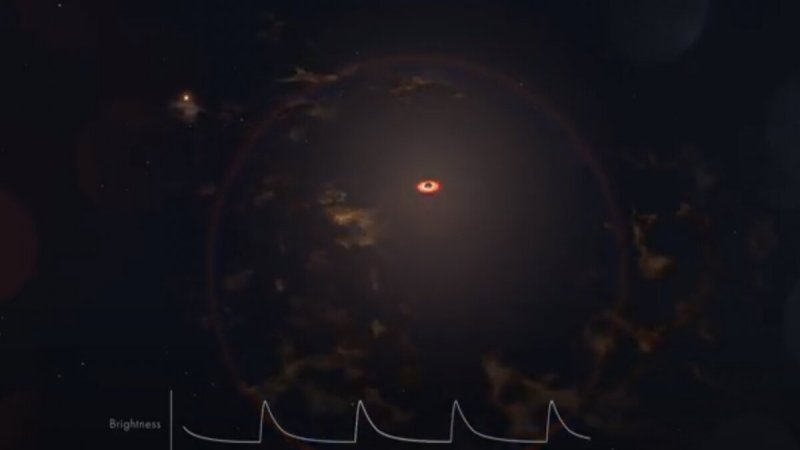Image Of Over 200,000 Stars In Constellation Centaurus Captured By TESS, Planet Hunter
MessageToEagle.com – An image of more than 200,000 stars, centered on the southern constellation Centaurus, has been obtained by the science team using one of the four cameras of TESS (NASA’s next planet hunter, the Transiting Exoplanet Survey Satellite).
TESS just passed about 5,000 miles from the Moon.
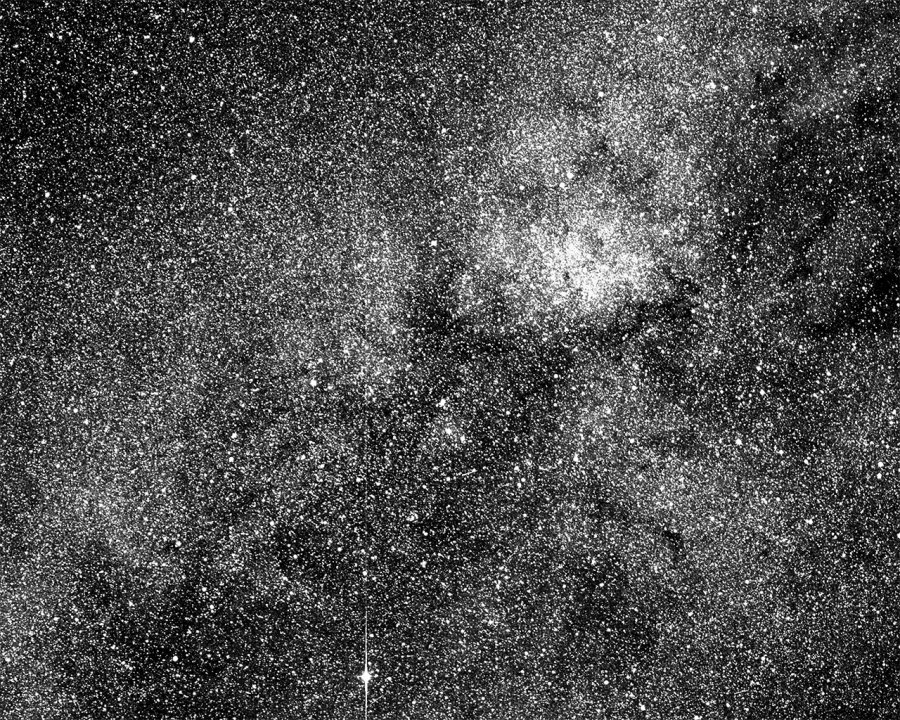
The edge of the Coalsack Nebula is in the right upper corner and the bright star Beta Centauri is visible at the lower left edge. TESS is expected to cover more than 400 times as much sky as shown in this image with its four cameras during its initial two-year search for exoplanets.
A science-quality image, also referred to as a “first light” image, is expected to be released in June.
TESS will undergo one final thruster burn on May 30 to enter its science orbit around Earth. This highly elliptical orbit will maximize the amount of sky the spacecraft can image, allowing it to continuously monitor large swaths of the sky. TESS is expected to begin science operations in mid-June after reaching this orbit and completing camera calibrations.
Launched from Cape Canaveral Air Force Station in Florida on April 18, TESS is the next step in NASA’s search for planets outside our solar system, known as exoplanets.
The mission will observe nearly the entire sky to monitor nearby, bright stars in search of transits — periodic dips in a star’s brightness caused by a planet passing in front of the star. TESS is expected to find thousands of exoplanets.
MessageToEagle.com


